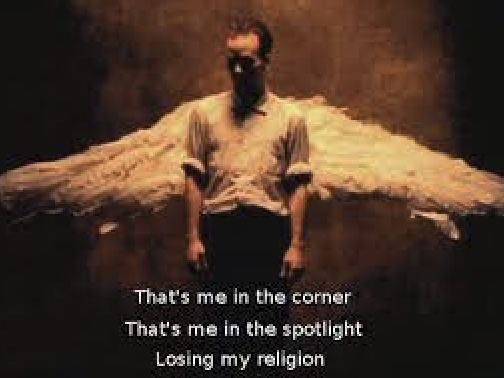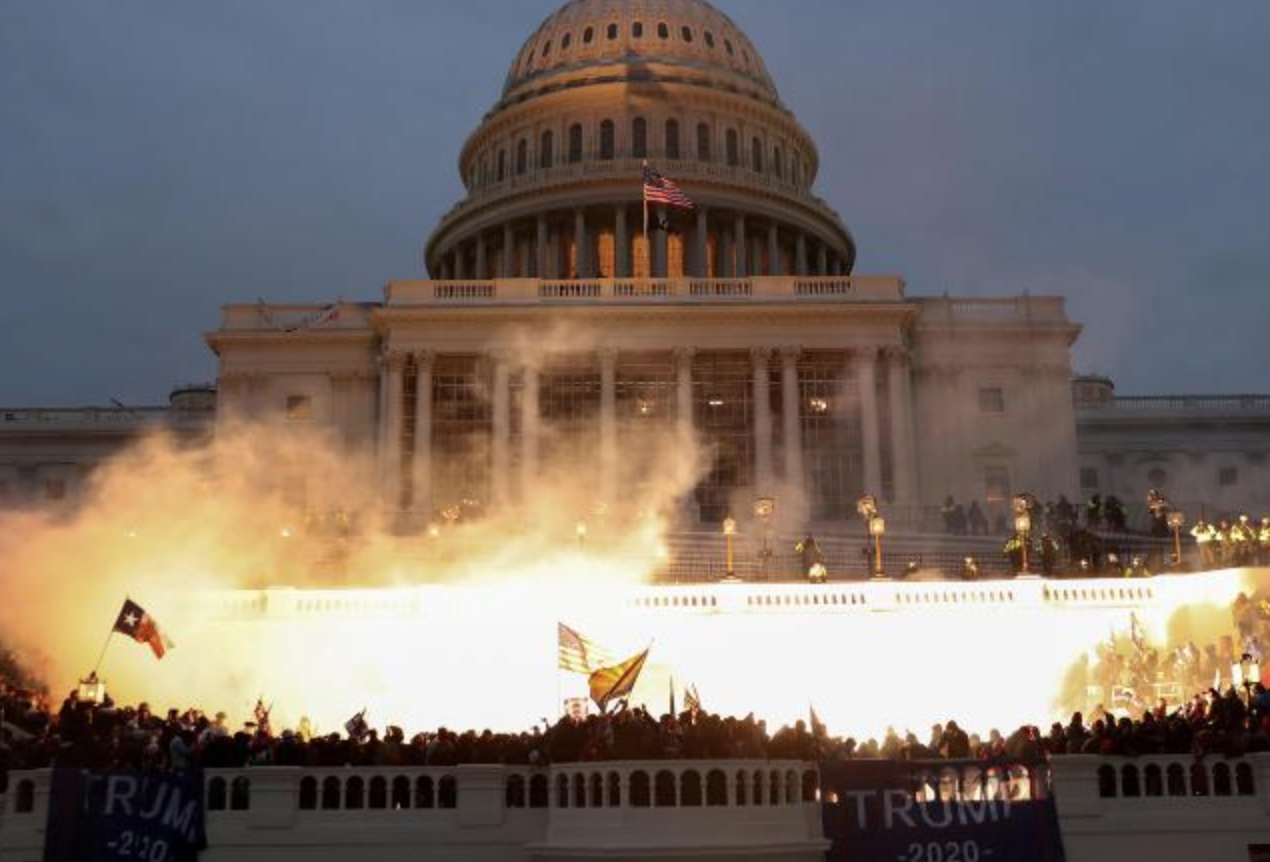Dayton is a cute little town in Washington state’s southeastern corner that hovers near the region’s fabled wine industry.
I stayed there one New Year’s Eve while skiing at the nearby Bluewood resort and let me tell you, the social scene in downtown Dayton was deader than a doornail. Maybe everyone had gone to nearby Walla Walla to party.
Which is why I was curious when the Seattle Times recently ran a piece about the townspeople possibly voting its tiny library out of existence.
DAYTON, COLUMBIA COUNTY — Book battles are raging across the nation, but none have carried the kind of stakes as the one here in Dayton, a one-stoplight farming community in the southeastern corner of Washington.
For the county’s only library, the battle has turned, quite literally, existential: Voters will decide in November whether to shut it down.
The library, which has occupied the same modest brick building a block off Main Street for 86 years, is at risk not because of a lack of funding or a lack of demand for its services. Instead, it could shutter because of a yearlong dispute over the placement of, at first, one book, then a dozen and now well over 100, all dealing with gender, sexuality or race.
More than 100 books?
I’m curious what the annual book-buying budget is for this place. This area is deep red-state Washington, not freewheeling Seattle, so where is the audience that is demanding that many books of this kind on the local shelves?
It would be the first library in the country to close because of a dispute over what books are on the shelves, according to the American Library Association.
“That is the end of the library as we know it,” said Jay Ball, who owns a local auto shop and chairs the library’s board of directors. “It’s insane, it’s just insane.”










